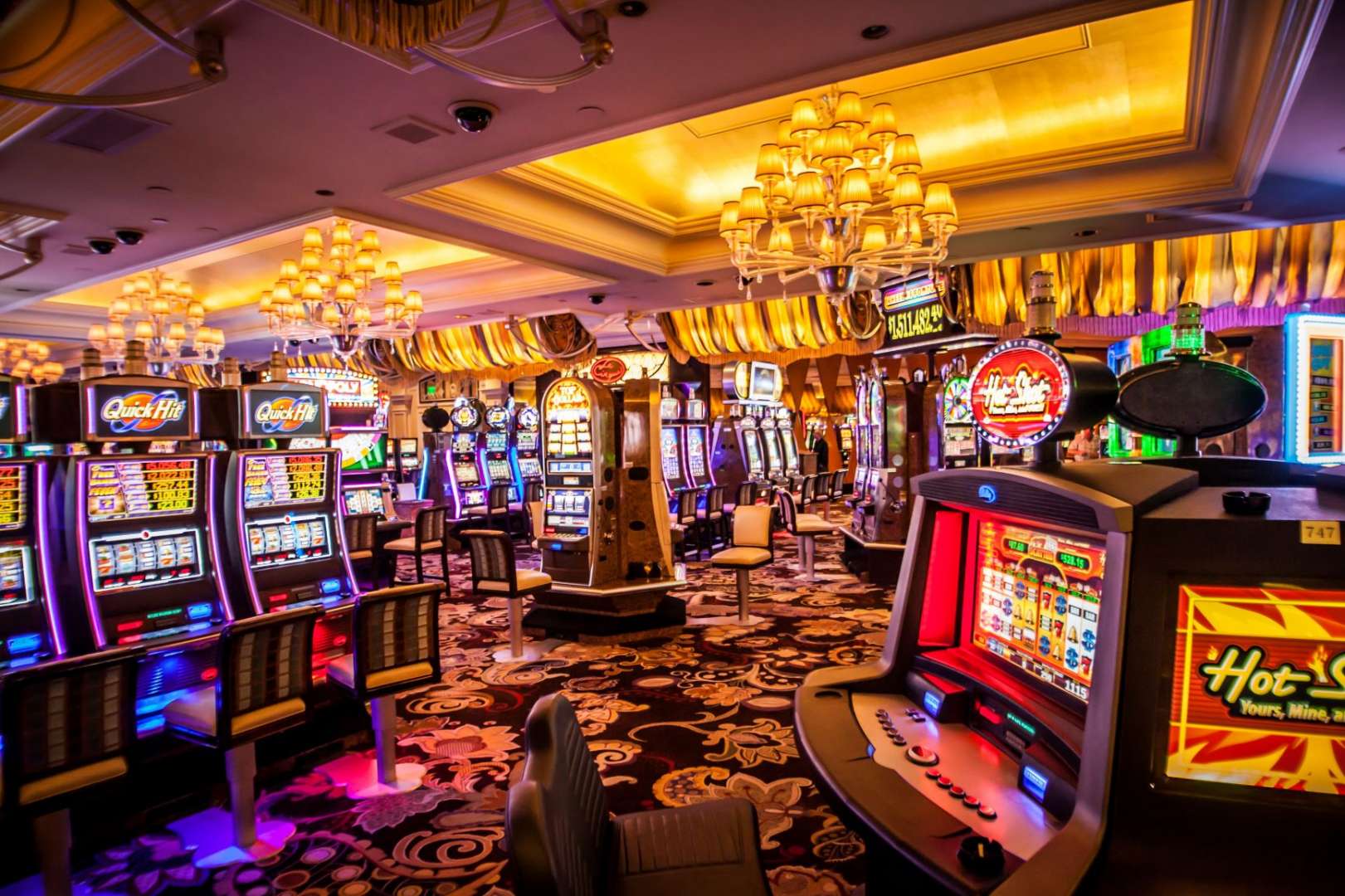Casino gaming has long been a topic of interest and controversy, drawing in millions of players globally. With a blend of luck, skill, and the thrill of risk, casino games offer an exhilarating escape from everyday life. However, as entertainment becomes ever more available, it calls for a more thorough examination of the morality surrounding these games.
At the heart of the debate lies the issue of whether casinos promote responsible gaming or take advantage of vulnerable individuals. The allure of potential winnings versus the reality of losses can create a challenging situation, and understanding this balance is crucial for both players and operators. As we delve into the morals of casino gaming, we will explore the duties of casinos, the impact on society, and the steps that can be taken to foster a healthier gaming environment.
The Impact of Casino Gaming on Society
Casino gaming has a notable influence on societal dynamics, affecting not only the economy but also social behaviors and community structures. The income generated from casinos can lead to job creation and boost local economies, as they provide various employment opportunities in different sectors including hospitality, leisure activities, and shopping. However, while the economic advantages can be substantial, communities often struggle with the possible negative impacts that arise from higher gambling activity.

Additionally, the presence of casinos can lead to an increase in gambling addiction, presenting serious challenges for individuals and families. The thrill of casino games can quickly transform into a compulsive habit, affecting connections with others and leading to monetary issues. Many players may struggle with the loss of control over their gambling behaviors, resulting in a need for assistance programs and interventions to address this growing issue. The social cost of gambling addiction can ripple through families and neighborhoods, creating an urgent need for responsible gaming initiatives.
In addition to the economic and social consequences, casino gaming often reflects cultural attitudes towards risk and leisure. It can encourage a sense of excitement and leisure, attracting visitors and boosting local travel. However, this allure may also mask the wider implications of gambling as a form of entertainment, raising ethical questions about its advertisement and availability. As communities weigh the advantages and disadvantages of casino gaming, the need for sensible approaches and regulation becomes increasingly critical in ensuring that the positive aspects are enhanced while reducing the potential harms.
Ethical Concerns in Betting Practices
The ethics of gambling gaming often revolve around the potential for addiction and its consequences on people and households. Betting can lead to serious monetary distress, impacting not only the betters but also their loved ones. As individuals become entrapped in the allure of winning, many lose sight of their budget, which can result in catastrophic outcomes such as insolvency. This raises ethical questions about the duty of casinos in fostering safe gaming practices and offering support for those who may be dealing with gambling addiction.
Another critical issue is the promotion of gambling to vulnerable populations. Jun888 Casinos often aim at low-income individuals or neighborhoods with the promise of quick gains, which can continue patterns of financial struggle and despair. In this situation, the morality of marketing strategies used by gambling establishments come under scrutiny, as they may exploit the need of people seeking an way out from financial hardships. This exploitation raises ethical questions about the integrity of the gambling industry and its responsibility to protect its most at-risk patrons.
Additionally, the effect of casino operations on society as a whole cannot be overlooked. While some argue that casinos create jobs and stimulate local economies, others point to the social costs associated with problem gambling, increased criminal rates, and a strain on public services. Balancing financial advantages with the risk for community issues presents a challenging ethical dilemma for policymakers and gambling operators alike. The difficulty lies in discovering a responsible approach that takes into account the welfare of people and communities while still allowing for the enjoyment of gambling gaming.
Regulatory System and Responsibilities
The regulatory structure related to casino operations is developed to ensure equity, trustworthiness, and participant protection. Different government bodies and gambling commissions set and apply regulations that dictate how gaming activities work, the criteria for activity design, and the protocols for processing rewards. These regulations differ by jurisdiction but typically involve permit requirements for operators and strict measures to prevent cheating and fraud.
In addition to regulatory bodies, gaming operators bear major duty in upholding moral standards within their facilities. They must adopt responsible player practices that support player safety and consciousness, including offering self-exclusion options and sharing information about the dangers associated with gaming. Operators are also obligated for instructing workers to recognize signs of compulsive betting and be aware of the correct measures to support customers in need.
Furthermore, openness in gaming operations is essential for building and keeping public faith. Gaming establishments should provide clear data about the odds of activities, advertising opportunities, and any connected hazards. By fostering an atmosphere of transparency and trust, casinos can help reduce the likelihood adverse impact of gaming while improving the general betting experience for all players.